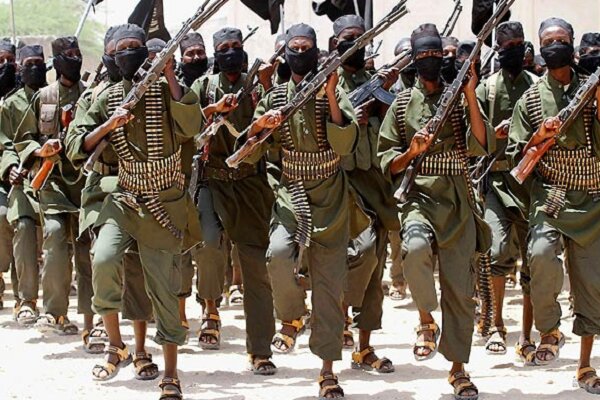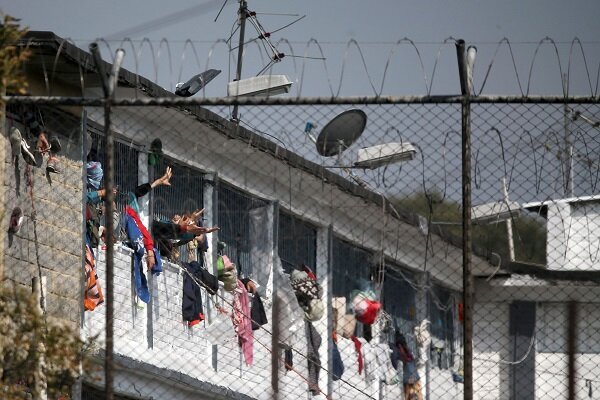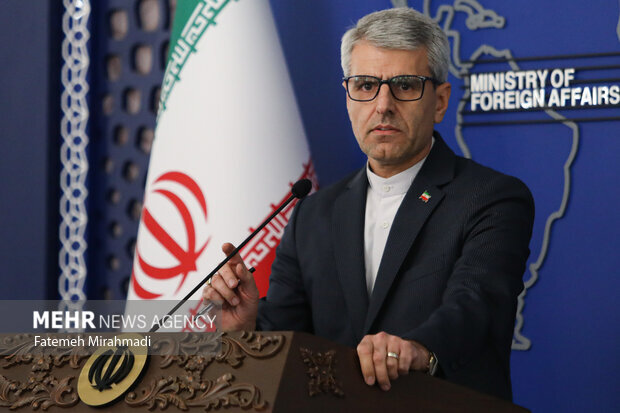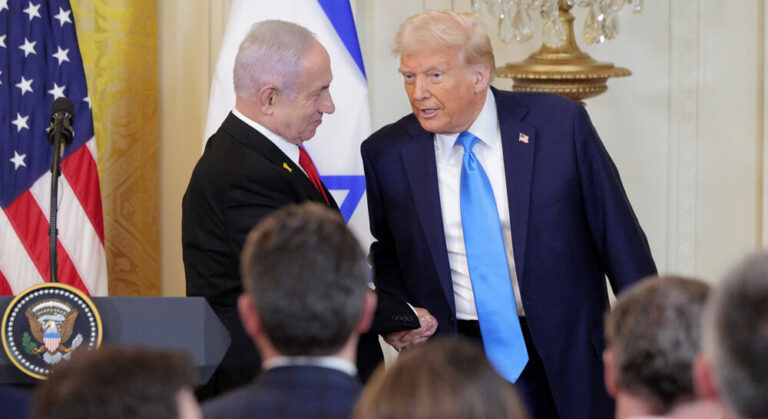Al-Qaeda Leader Neutralized in Yemen: Major Blow to Terror Network
In a significant development in the ongoing conflict in Yemen, a high-ranking leader of the Al-Qaeda Takfiri organization has been eliminated due to a motorcycle bomb explosion. This incident occurred in the Wadi Ubaidah region of Marib province, highlighting the ongoing violence and instability in the area.
According to a reliable security source, the death of this terrorist ringleader is linked to the ongoing clashes among Takfiri factions, which are reportedly supported by the American-Saudi coalition in Yemen’s occupied territories. The ongoing conflict has seen various militant groups vying for power, leading to increased tensions and violence.
The Context of the Conflict
The situation in Yemen remains dire, characterized by a multifaceted conflict involving various factions, including Al-Qaeda. The involvement of foreign powers has further complicated the landscape. Below are some key points regarding the conflict:
- Ongoing Violence: The Yemeni civil war has led to widespread violence and instability, causing significant humanitarian crises.
- Foreign Intervention: The American-Saudi coalition’s support for certain factions has influenced the dynamics of the conflict.
- Militant Activities: Al-Qaeda and other extremist groups continue to operate in Yemen, taking advantage of the chaos.
- Impact on Civilians: The conflict has had devastating effects on the Yemeni population, with millions facing food insecurity and displacement.
The Al-Qaeda Takfiri Organization
The Al-Qaeda Takfiri organization has been a significant player in Yemen’s conflict. Their ideology and tactics pose a serious threat to regional stability. Here are some crucial aspects of their operations:
- Recruitment: Al-Qaeda has established a network for recruiting fighters, often targeting disenfranchised youth.
- Territorial Control: The group has attempted to seize control over areas, creating strongholds from which they operate.
- Attacks on Security Forces: Al-Qaeda frequently targets Yemeni security forces and coalition troops, escalating the violence.
- Ideological Influence: Their extremist ideology attracts followers, perpetuating the cycle of violence.
Despite international efforts to combat terrorism, groups like Al-Qaeda continue to exploit local grievances and instability. The recent killing of the group’s leader is a notable development, but it raises questions about the sustainability of such actions in the face of entrenched violence.
International Response
The international community has expressed concern over the situation in Yemen, with various organizations calling for peace and stability. Key points regarding the international response include:
- Humanitarian Aid: Numerous countries and NGOs are providing humanitarian assistance to address the crisis.
- Calls for Ceasefire: There have been repeated calls for ceasefire negotiations to facilitate peace talks.
- Counterterrorism Efforts: International coalitions are working to disrupt Al-Qaeda’s operations in the region.
The Path Forward
As the conflict in Yemen continues, experts emphasize the need for a comprehensive approach to address the root causes of violence. This includes:
- Inclusive Dialogue: Engaging all factions in dialogue to foster understanding and reduce hostilities.
- Addressing Grievances: Tackling the socio-economic issues that fuel extremism and violence.
- Strengthening Governance: Building a stable and representative government to restore public trust and order.
In conclusion, the recent death of a senior Al-Qaeda leader in Yemen signifies a momentary setback for the organization but underscores the complexity of the conflict. The ongoing violence and humanitarian crises demand urgent attention from the international community, and a collaborative effort is essential for lasting peace in the region.
As the situation unfolds, the eyes of the world remain on Yemen, where the struggle for power continues amidst an enduring humanitarian crisis.






